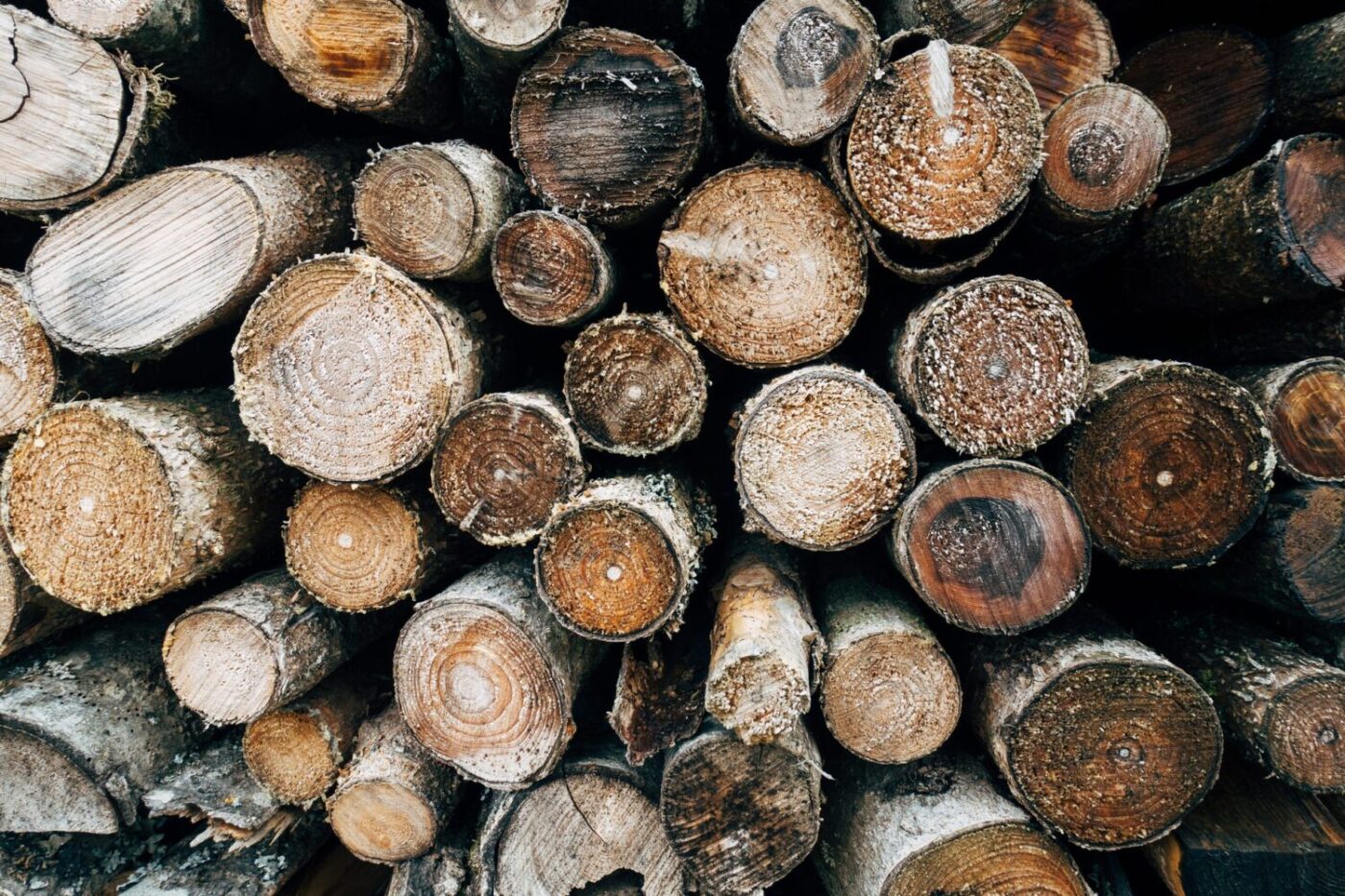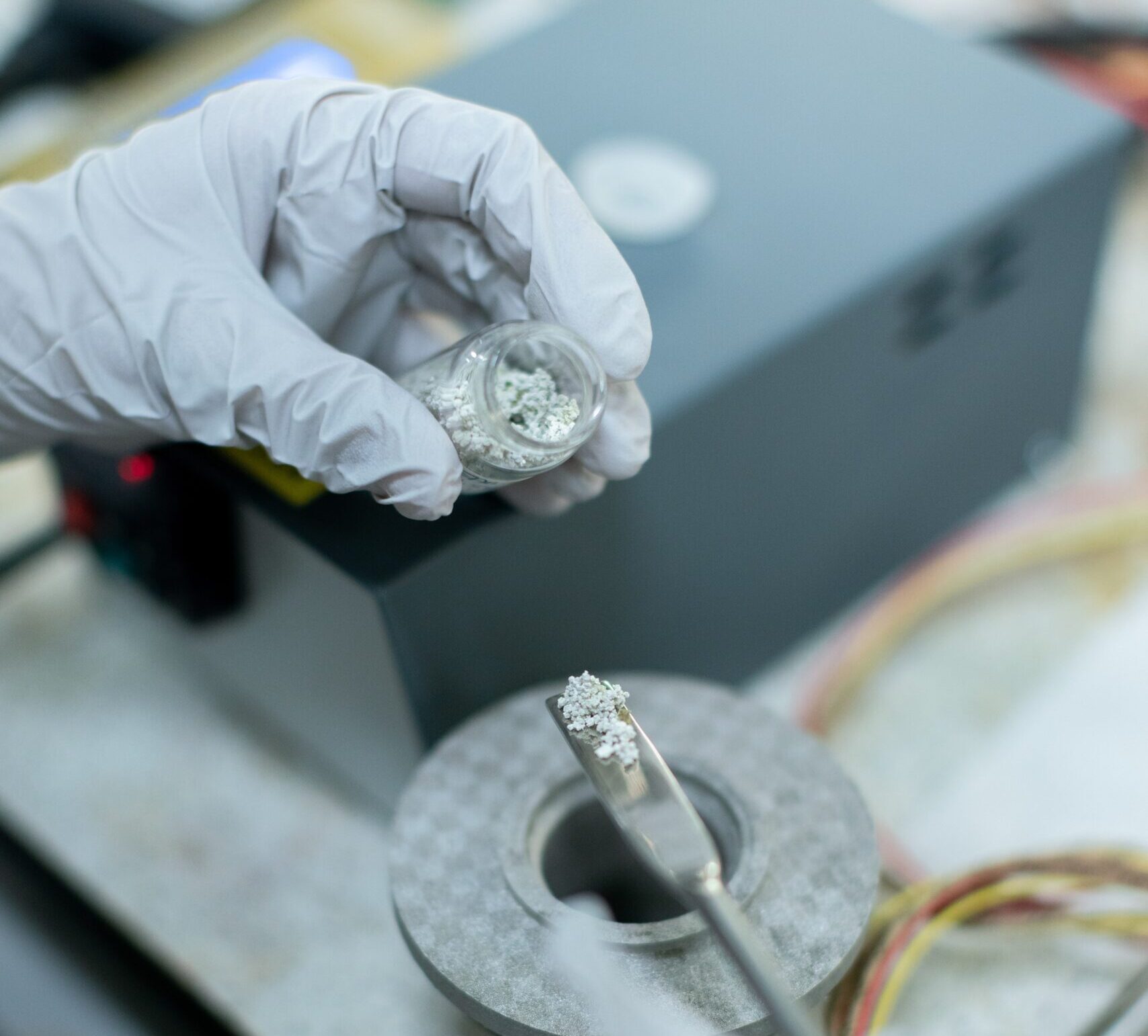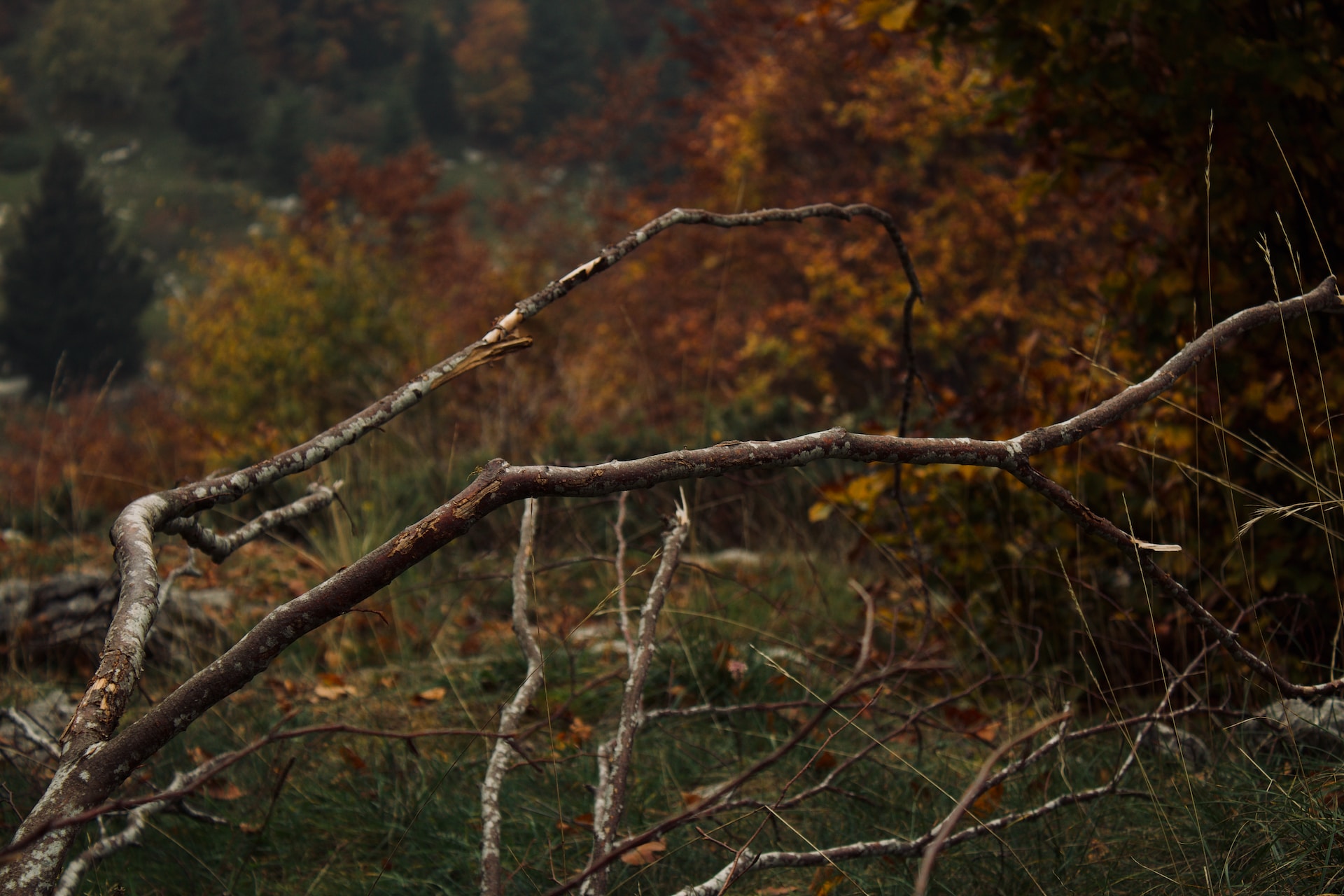Feasibility study for project with the aim of commercializing an industrial drying process based on microwave technology

Saving money and resources by drying timber with microwaves
In this project, MicroDri AB has studied how their microwave timber drying technology can impact a sawmill’s business model and value chain as the industry transitions to fossil-free operation. One conclusion is that microwave drying offers several advantages both economically and from a resource perspective compared to conventional timber drying with hot air chambers.
This project has focused on streamlining the manufacturing process within the sawmill industry, with a focus on optimizing timber drying. The aim has been to achieve a lower variation and acquire a higher value exchange in a more efficient process.
The project has examined the conditions for a plant where timber is dried in a continuous flow, and information about each individual piece is used to adapt, optimize, and streamline the process. The continuous flow is enabled by using microwave technology combined with new modern control technology, instead of the today’s batch drying.
Microwave technology is based on a digitized drying process in which sensors and other components are interconnected in a way that increases the opportunities to utilize the process data to fine-tune the drying process.
Compared to hot air drying, microwave drying offers several advantages. It is a more energy-efficient process with faster drying times and more uniform heat distribution. Microwave drying can lead to customers getting a more functionally adapted timber. Waste and incineration of biomaterials will be reduced and this will lead to better profitability for both sawmills and their customers.
Conclusions in the project indicate that the benefits can be economically measured save other resources. According to a calculation example, a medium-sized sawmill can increase its annual revenue by over 26 million SEK.
Since microwave drying technology is electrified, sawmills can phase out the combustion of biomass and transition to renewable energy sources such as solar and wind power. The biomass that is no longer burned to heat the air in conventional timber dryers can instead be used as raw material in more long-lasting products.
In 2024, MicroDri AB is developing a demonstration plant to be tested in the industry. Results will be reviewed by a third party and published for the benefit of the market. After that, the company aims to realize the plan with a full-scale dryer.

Victor Borén
MicroDri AB

info@microdri.se
Project information
Participants
MicroDri AB
Schedule
August 2022 - March 2023
Total project cost
1 610 000 SEK
Swedish Energy Agency's project number
2022-00602
More projects

Catalytic production of green esters from biomass feedstock in a biorefinery context
It is of utmost importance that we become a fossil free sustainable society and an important part is to valorize biomass. Biomass…
Manager: Louise Olsson
Ongoing

Biorefinery: scale-up of 5-HMF derivatives
The overall aimof this project is to transform chemical industries from using fossil feedstock to using renewable biomass. In this project, we…
Manager: Louise Olsson
Ongoing

Improved forecasts of logging residues for precision planning
Today’s geopolitical situation and roadmaps towards fossil freedom have increased the demand for domestic forest fuels in Sweden. There is an ecological…
Manager: Raul Fernandez Lacruz
Ongoing


